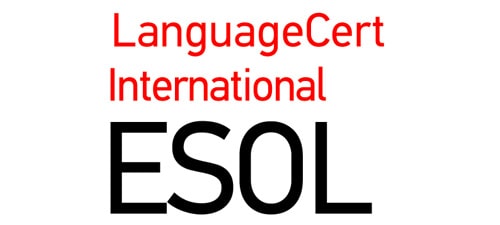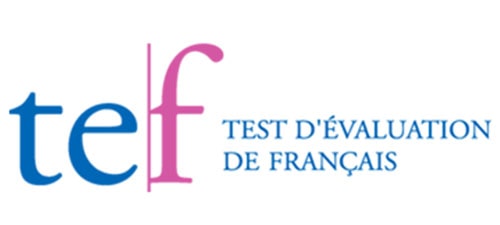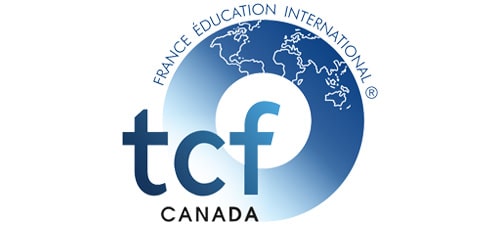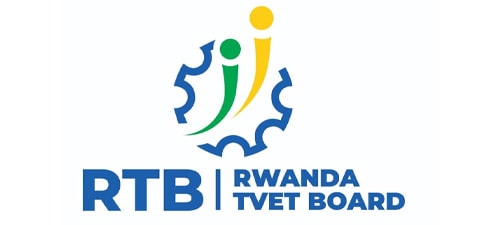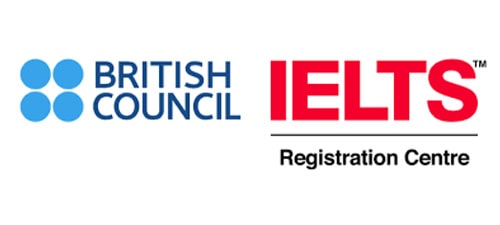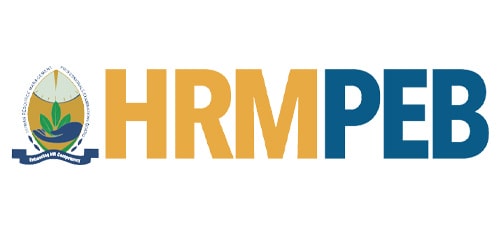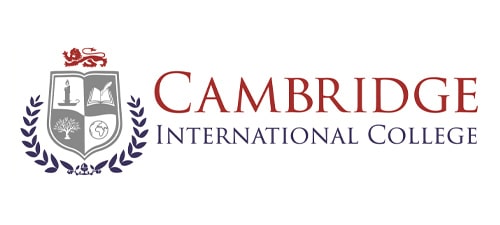Kiswahili and Kinyarwanda & Culture immersion
- Home
- What we do
- Kiswahili and Kinyarwanda & Culture immersion


Description
This course is intended for students with little or no knowledge of Kiswahili. The course begins with basic lessons such as greetings and finishes up with lessons of self-expression in everyday life e.g. at grocery stores, at bank, at post office, making telephone calls etc.
Course Content
The main objective of the course is to develop the Kiswahili language abilities and skills of students in a linguistic, academic and social context to prepare them for life as a student in Rwanda. Students are initially given orientation to help them adapt to the life in Rwanda, lessons and exercises are designed to help students navigate real-life situations. Students are given intensive training in grammar, vocabulary and phrases through classroom lectures, exercises and activities. The course prepares students to
-
Be able to read, understand and reproduce texts.
-
Be able to listen and understand lectures and make notes.
-
Be able to speak about a particular topic.
-
Be able to produce well-written texts in a particular area of study.
-
Be able to use internet, books, journals and articles to gain more information about the topic of study.
Teaching Method
Teaching methods are based on the Community Based Contact model (also referred to as the Experimental Learning Model). The focus is placed on learning Swahili through practice and experience. Lessons are divided into four parts: communication, grammar, practice and cultural context. Levels of proficiency are treated as a continuum rather than as distinct stages. Students are evaluated at the start of the program, placed into the appropriate lesson and advance as their proficiency improves. Each lesson is complimented with out-of-class experiences such as going to the market, bank, cafés, using public transportation, etc
At the end of the course, students are to appear for an international ECL level B2 examination. The examination consists of three parts.
-
Oral communication – The speaking skills of students are tested by means of guided conversations with other students on a given topic. Students are also required to read aloud texts and answer questions asked by the interviewer. Students are assessed based on the formal accuracy, fluency, vocabulary, diction and effectiveness of communication.
-
Listening comprehension – This part of the exam involves students listening to conversations, and the understanding is tested with answers to certain questions about the conversation. The student must demonstrate ability to understand the whole idea provided in oral material on a wide range of topics which may involve up to four native speakers.
-
Written examination – This part of the examination is a test in grammar and lexicology. First task is writing an essay on a specific topic. The second is to read a text. Students are tested on the use of Kiswahili language by means of questions that require short or long descriptive answers, multiple choice questions, and questions that require ordering of answers.
Description
This course is intended for students with little or no knowledge of Kinyarwanda. The course begins with basic lessons such as greetings and finishes up with lessons of comprehensive self-expression in everyday life e.g. at grocery stores, at bank, at post office, making telephone calls etc.
Course Content
The main objective of the course is to develop the Kinyarwanda language abilities and skills of students in a linguistic, academic and social context to prepare them for life as a student in Rwanda. Students are initially given orientation to help them adapt to the life in Rwanda, lessons and exercises are designed to help students navigate real-life situations. Students are given intensive training in grammar, vocabulary and phrases through classroom lectures, exercises and activities. The course prepares students to
-
Be able to read, understand and reproduce texts.
-
Be able to listen and understand lectures and make notes.
-
Be able to speak about a particular topic.
-
Be able to produce well-written texts in a particular area of study.
-
Be able to use internet, books, journals and articles to gain more information about the topic of study.
Teaching Method
Teaching methods are based on the Community Based Contact model (also referred to as the Experimental Learning Model). The focus is placed on learning Kinyarwanda through practice and experience. Lessons are divided into four parts: communication, grammar, practice and cultural context. Levels of proficiency are treated as a continuum rather than as distinct stages. Students are evaluated at the start of the program, placed into the appropriate lesson and advance as their proficiency improves. Each lesson is complimented with out-of-class experiences such as going to the market, bank, cafés, using public transportation, etc
- Soft-cloth Wash
- Spot-free Rinse
- Spot-free Thermal Dry
- Soft-cloth Wash
- Spot-free Rinse
- Spot-free Thermal dry
- Rain shield
- Triple Foam
- Soft-cloth Wash
- Spot-free Rinse
- Spot-free Thermal dry
- Rain shield
- Triple Foam
- Tire Dressing
- Soft-cloth Wash
- Spot-free Rinse
- Spot-free Thermal dry
- Rain shield
- Triple Foam
- Tire Dressing
- Vacuum & Wipe Console
- Soft-cloth Wash
- Spot-free Rinse
- Spot-free Thermal Dry
- Rain shield
- Soft-cloth Wash
- Spot-free Rinse
- Spot-free Thermal dry
- Rain shield
- Triple Foam
- Soft-cloth Wash
- Spot-free Rinse
- Spot-free Thermal dry
- Rain shield
- Triple Foam
- Tire Dressing
- Soft-cloth Wash
- Spot-free Rinse
- Spot-free Thermal dry
- Rain shield
- Triple Foam
- Tire Dressing
- Vacuum & Wipe Console

